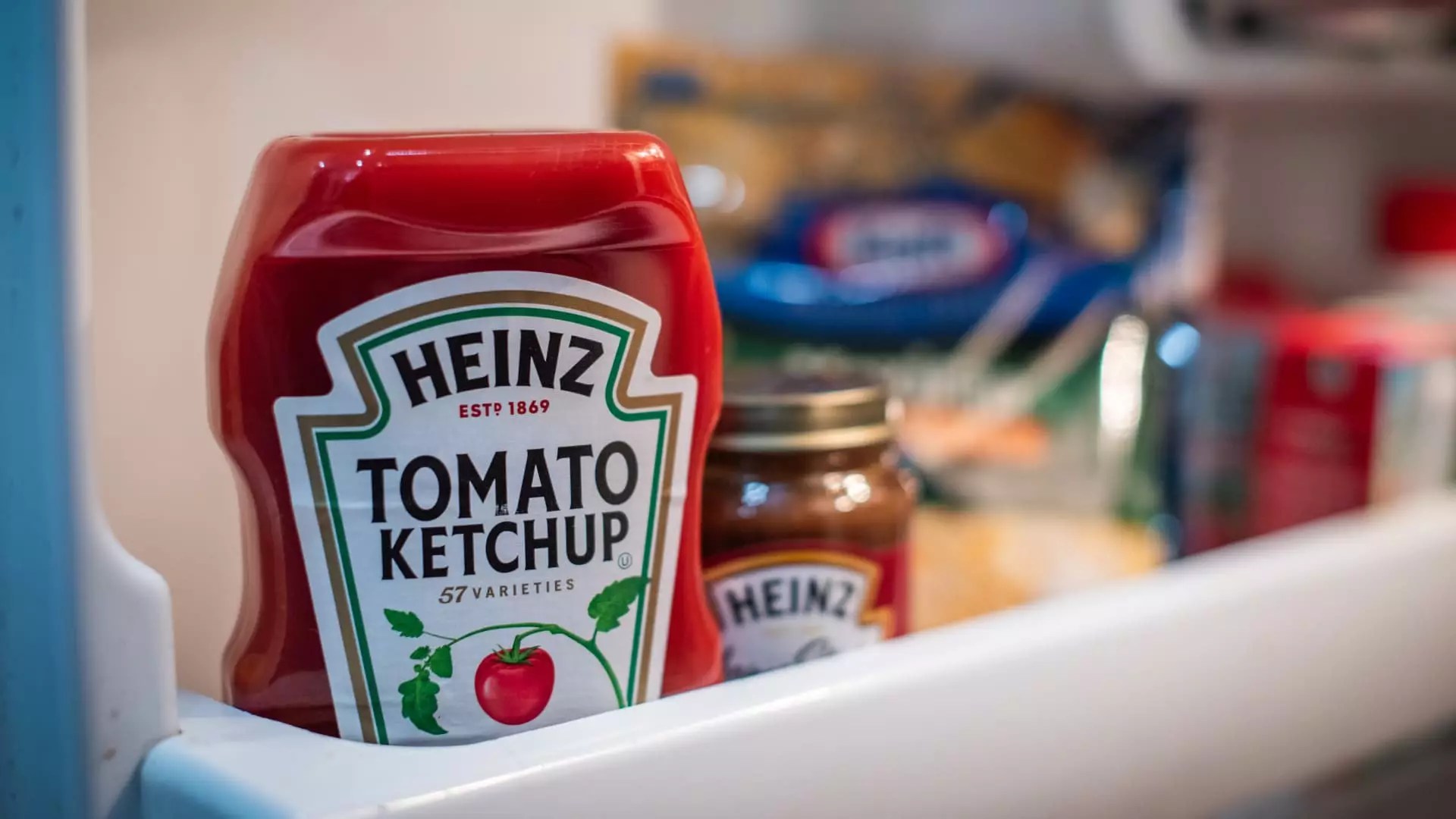This week saw the stock market enter a tumultuous phase, with all major indices experiencing significant declines—over 2% to be precise. The S&P 500 logged its fourth consecutive losing session, and the Dow Jones Industrial Average shed more than 250 points, triggered largely by President Trump’s call for steep import tariffs on the European Union. Such market volatility, however disturbing, often signals opportunities for keen investors. Against the backdrop of fear-driven selling, some analysts posit that certain stocks might be ripe for a comeback.
With an RSI (Relative Strength Index) just below 30, stocks such as Kraft Heinz and Conagra Brands are indicative of potential rebounds. The notion of oversold stocks (those selling at unusually low prices) emerging into a corrective phase could yield significant short-term profits.
The Power of the Relative Strength Index
The RSI acts as a key metric for many investors on Wall Street. It provides an immediate snapshot of whether stocks are oversold or overbought, allowing savvy traders to make informed decisions. For instance, a stock with an RSI below 30 could be poised for gains, while those above 70 are likely to retrace. It’s a crucial tool that transcends mere speculation, grounding investment decisions in technical analysis.
In light of this week’s dips, numerous consumer packaged goods firms found themselves under scrutiny. Kraft Heinz, for example, had an RSI of 29.7, indicating potential for upward movement. Even though the company has projected decreases in sales and profits, the execution of a $3 billion investment to upgrade its manufacturing plants signifies a commitment to sustaining its market share. An investment of this magnitude suggests more than mere optimism; it indicates that Kraft Heinz believes in its recovery potential.
Consumer Giants on the Brink of Recovery
While Kraft Heinz struggles with stock market performance, it is not alone. Other food industry veteran brands, like Conagra and Campbell’s, also displayed RSI figures in the 29 range. Their underperformance stems from short-term losses, but analysts maintain a hopeful outlook with estimates of more than 20% upside for both brands. The recent sale of Conagra’s Chef Boyardee line demonstrates an aggressive strategy to streamline operations and refocus on a core portfolio, illustrating resilience in a challenging retail landscape.
This outlook on consumer goods, amid today’s inflation and global supply chain disruptions, points to a significant divergence in risk versus reward. Herein lies a disciplined investor’s chance to capitalize on temporarily undervalued entities.
The Contrast: Overbought Stocks Under the Microscope
Conversely, we have overbought stocks that could face inevitable corrections. For instance, GE Vernova boasts an RSI of 81.6 and recently achieved an 8.5% jump within the week. Analysts are cautious, however, suggesting that despite its impressive growth story—primarily tied to the burgeoning demands of artificial intelligence and energy infrastructure—investors might be overlooking fundamental valuations.
The spotlight on GE Vernova speaks volumes: when a stock is propelled into the limelight based purely on market sentiment rather than fiscal responsibility, it’s a wake-up call. This environment creates fertile ground for correction if earnings reports fall short or market conditions change. The overconfidence seen in overbought stocks serves as a reminder of the cyclical nature of investing, shifting true wealth from the hands of those who chase fads to those who recognize foundational value.
The Dichotomy of Market Sentiment
Market sentiment plays a powerful role in shaping investor behavior. The unprecedented volatility witnessed this week is a dual-edged sword. Waves of panic selling have exposed deep-seated fears that often transcend rational investment practices, creating ripe conditions for value-minded individuals to swoop in.
In this context, stocks like UnitedHealth, which witnessed a staggering drop leading to an RSI of roughly 22, evoke mixed feelings. On one hand, it reflects a bearish outlook only seen in deep corrections, but on the other hand, it underscores the importance of patience within equity markets. Such companies could be future giants in a post-correction rally, provided that their underlying business models remain intact.
The Future: Why Caution Doesn’t Equate to Paralysis
As the dust settles on this turbulent week, a runway of opportunities emerges. The potential for certain stocks to rebound from oversold positions beckons the astute investor.
Navigating this complex landscape will require more than a cursory glance at stock prices; it calls for a thorough analysis backed by robust technical indicators like the RSI. Amidst the clamor of fear and greed, disciplined investors who understand the cyclical nature of markets will find fortune in chaos. Recognizing that today’s sell-off might lead to tomorrow’s buy opportunity is not merely strategic—it’s an art form every investor should strive to cultivate.


Leave a Reply